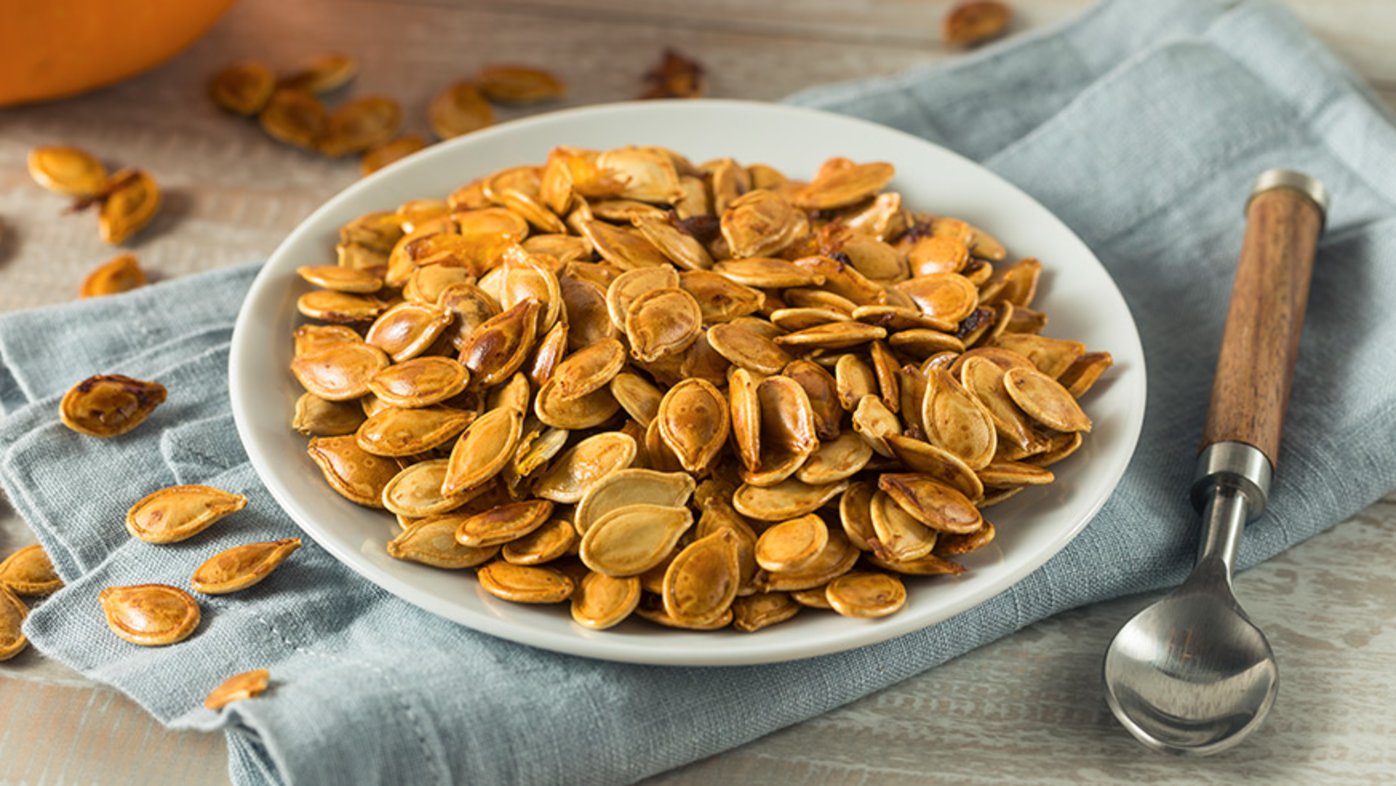
Health benefits of pumpkin seeds
Pumpkin seeds are loaded with the nutrients our bodies need.
Is it getting hot in here? According to a recent report, some hot flash sufferers may answer with a resounding “yes” for up to 20 years.
The Study of Women’s Health Across the Nation (SWAN), published in JAMA Internal Medicine, found that women who experience hot flashes and night sweats years before menopause will likely continue to have them for several years after.
"The symptoms of hot flashes are different for every woman,” says Dr. Andrea Seid, an OBGYN with Sharp Rees-Stealy Medical Group. “They are described as an intense, sudden sensation, generally in heat or perspiration. Usually they last a couple minutes but can linger, and can happen once per day or once per hour. When hot flashes occur at night, they can cause sleep disturbances."
In the past, it was believed that most women experienced these uncomfortable symptoms for three to five years around the time their menstrual periods stopped and menopause began. However, the SWAN researchers studied 3,302 American women and found that some women experience the symptoms as many as 10 years before their last period and continue to suffer for years after menopause, while others never experience a single hot flash or night sweat.
The study found that women who experience symptoms fall into four specific groups:
Lucky Few — hot flashes follow the end of a woman’s menstrual period and are very mild or not experienced at all
Late Onset — hot flashes are not felt until after menopause
Early Onset — women experience hot flashes years before menopause
Super Flashers — hot flashes are experienced well before and after menopause, sometimes for as many as 20 years in total
“Some studies indicate that women who experience hot flashes earlier in their lives have them longer than other women, but predicting the severity and duration of hot flashes in any particular woman is not possible,” says Dr. Seid.
However, Dr. Seid does offer a few tips to help control or lessen the unpleasant symptoms when or if they strike:
Avoid hot drinks and spicy foods, which can trigger or make hot flashes worse.
Maintain a healthy weight and don’t smoke cigarettes. Overweight women can have more severe hot flashes.
Dress in layers, keep room temperatures cool and use a fan.
Dr. Seid also recommends that women who experience severe hot flashes should speak with their doctor, as there are a number of medications that may be helpful.
For the news media: To talk with Dr. Seid about hot flashes or other women’s health issues, contact Erica Carlson, senior public relations specialist, at erica.carlson@sharp.com or 858-499-3052.
Our weekly email brings you the latest health tips, recipes and stories.